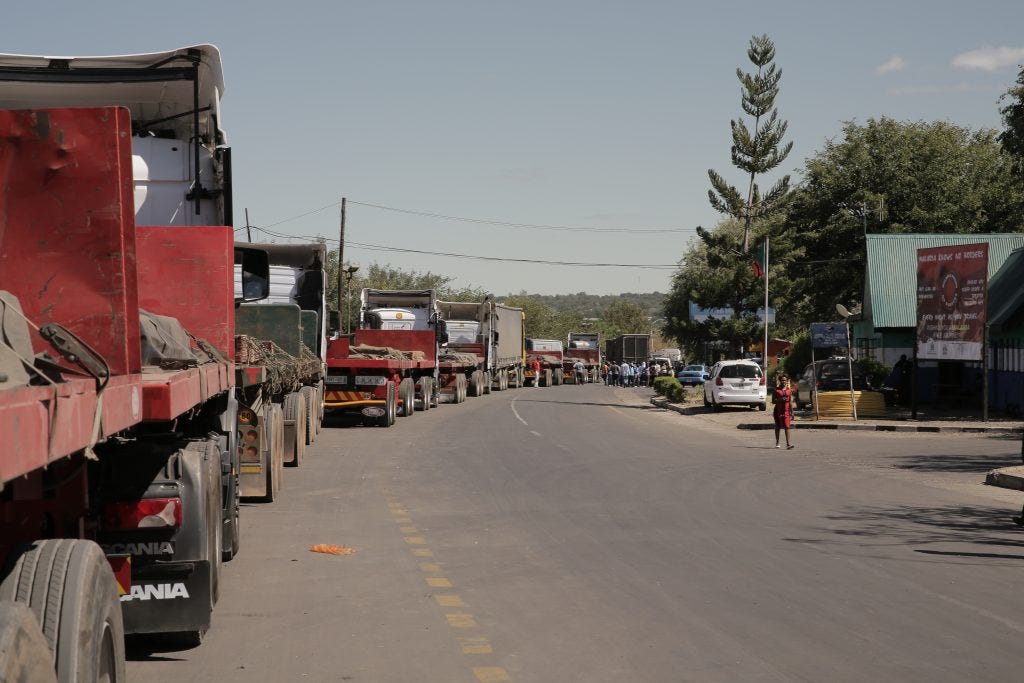Malawi Falls Short on COMESA Trade Quotas Amid Policy Challenges
The situation raises concerns about the country's economic competitiveness and its ability to benefit from regional trade agreements.
LILONGWE, Malawi— Malawi's struggle to meet its Common Market for Eastern and Southern Africa (COMESA) trade quotas has been attributed to decades of poor policy choices and technical constraints, according to experts, writes Pemphero Musowa.
Recent figures show Malawi exported goods worth $966 million while importing $3.1 billion, highlighting a significant trade imbalance within the 21-member trade bloc.
Frederick Changaya, chair of the National Working Group on Trade Policy, criticized the country's approach.
"Our trade, fiscal, and monetary policies do not have the necessary effectiveness to propel export growth at a rate that outpaces population and import growth," he said.
COMESA Assistant Secretary-General Mohamed Kadah pointed to non-tariff barriers and insufficient product diversification as major obstacles.
"Trade liberalization by itself cannot provide all member states with the benefits that are expected of it," Kadah stated, acknowledging the inevitability of "winners and losers" in the trading arena.
The trade bloc as a whole exchanged goods valued at $187.4 billion in 2023, underscoring Malawi's minimal contribution to regional trade.
Experts suggest that Malawi's limited land mass and loss of home market share have contributed to its underperformance.
The situation raises concerns about the country's economic competitiveness and its ability to benefit from regional trade agreements.
As COMESA continues to push for increased intra-regional trade, Malawi faces the challenge of revamping its policies and diversifying its export base to improve its trade position within the bloc.



